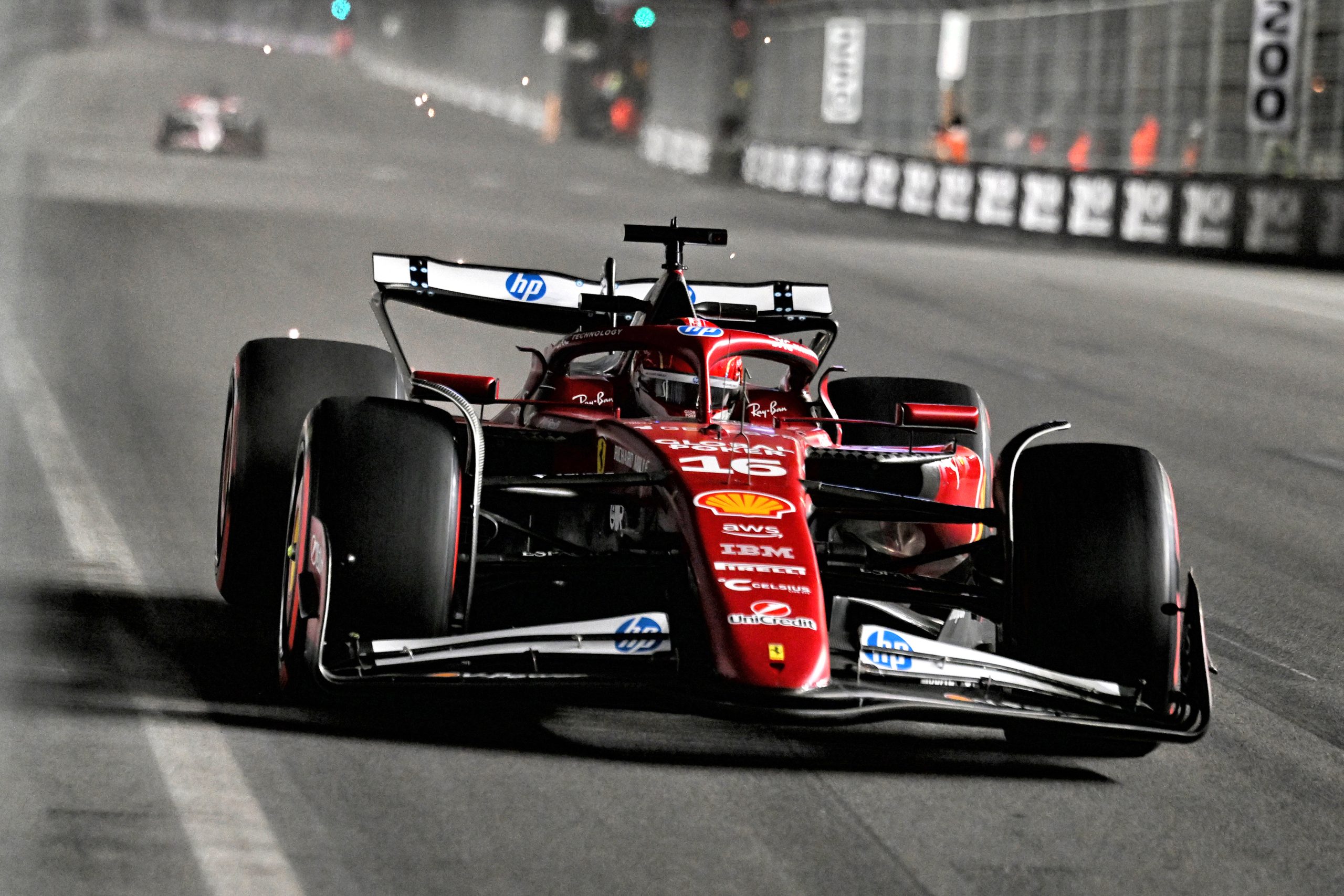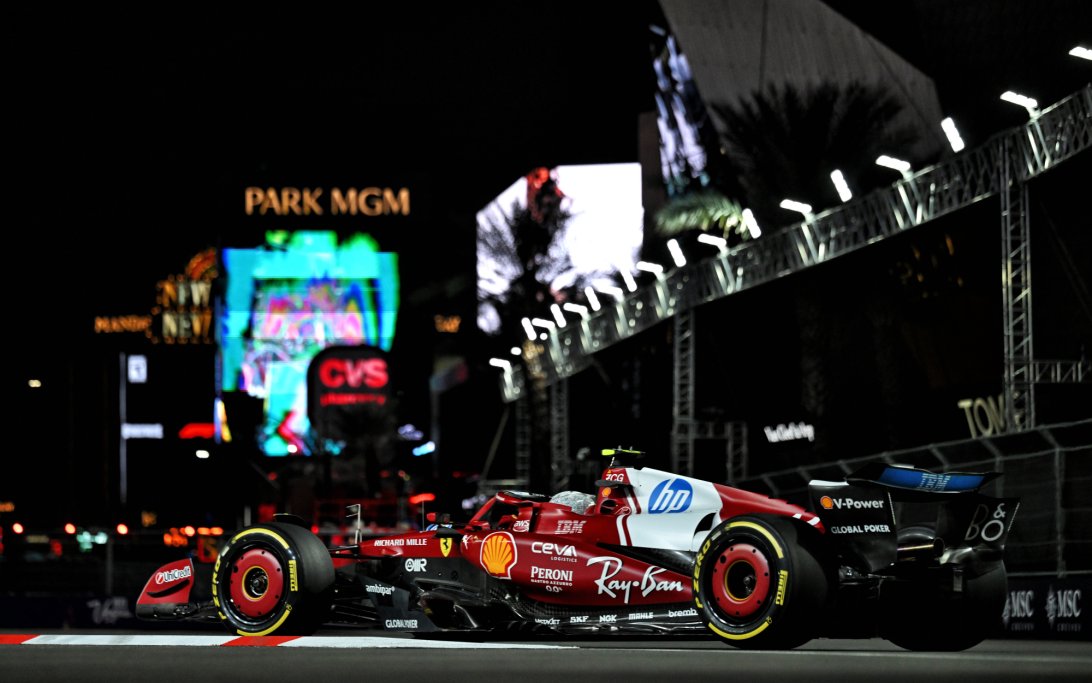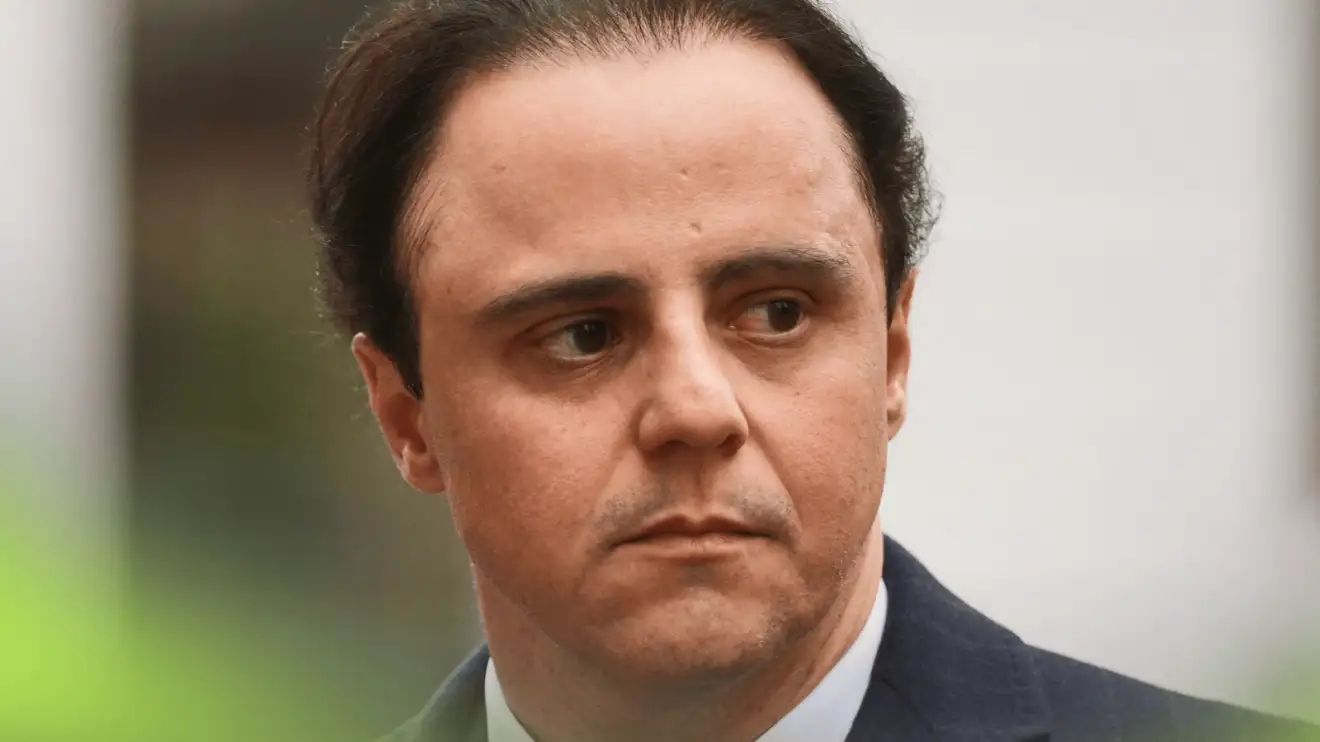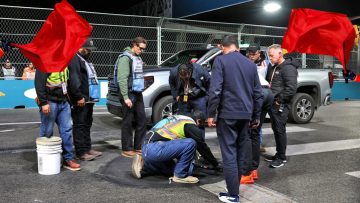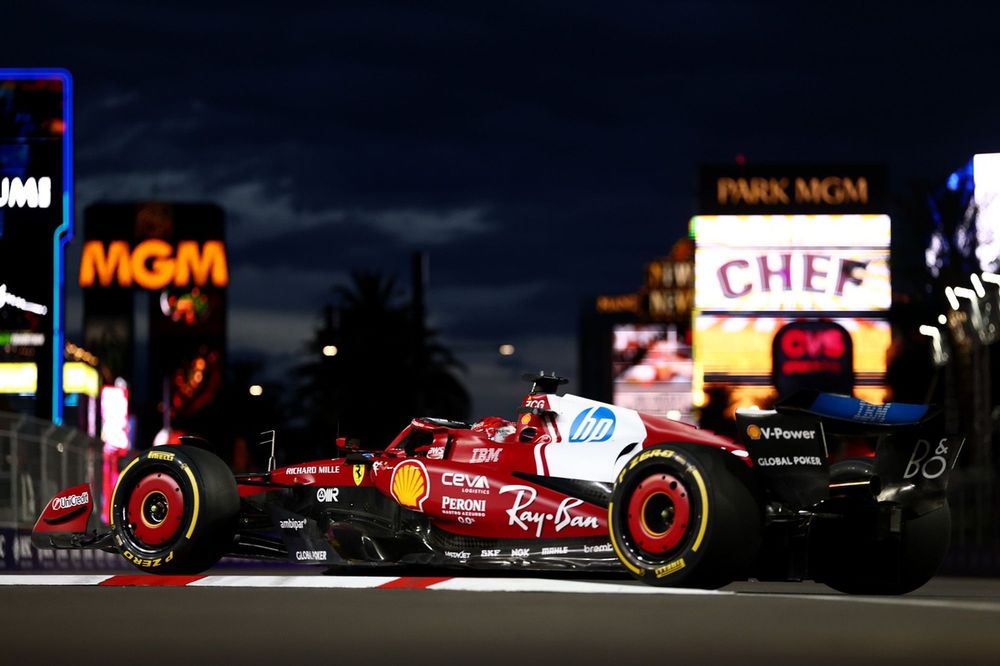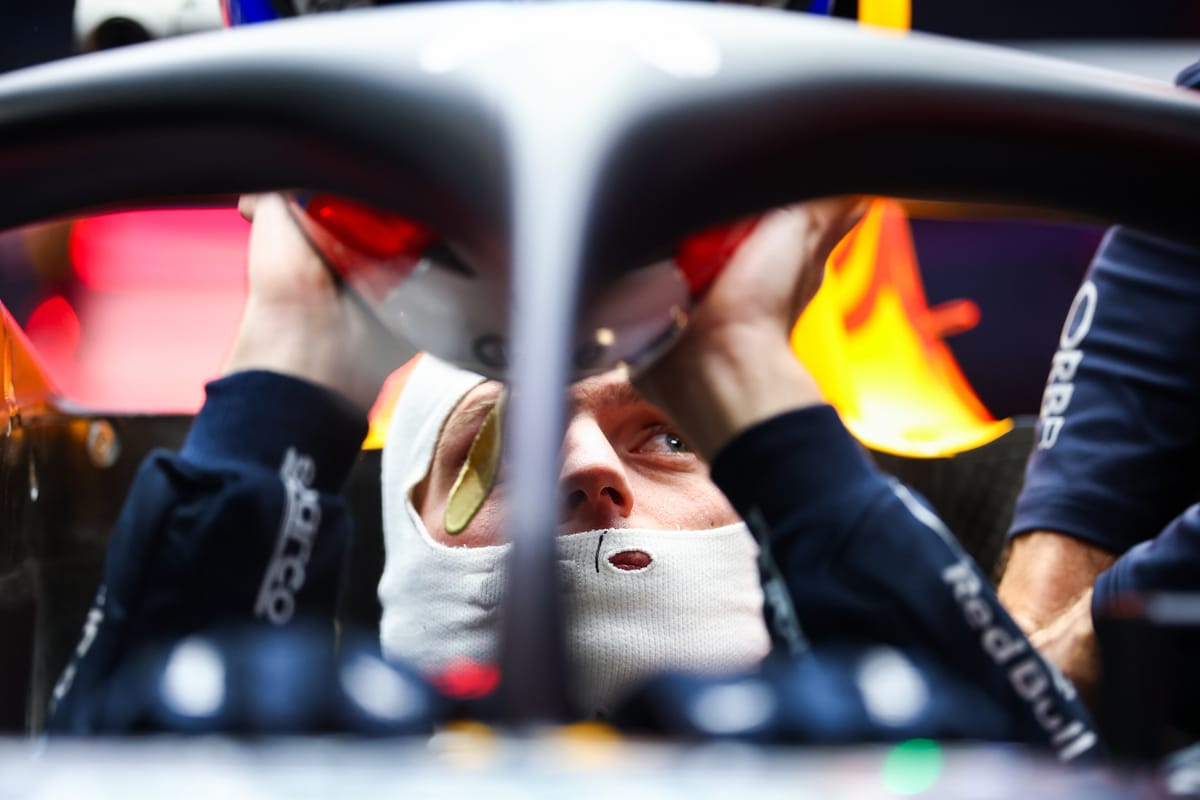
FIA Acknowledges F1 Cost Cap Weakness on Engine Changes
The FIA has admitted to a 'weakness' in Formula 1's cost cap regulations, allowing teams to make power unit changes without direct financial penalties under certain circumstances. This loophole became a hot topic following McLaren's query about Red Bull's decision to fit a fresh engine in Max Verstappen's car for performance reasons, raising questions about whether such a move should fall under cost cap expenditure.
Why it matters:
After years of meticulous financial scrutiny under the cost cap, this acknowledged regulatory 'weakness' highlights a significant grey area that could be exploited by teams. The ability to make engine changes for performance boosts without incurring cost cap penalties could provide an unfair advantage, potentially impacting the competitive balance of the sport.
The details:
- McLaren's Concern: McLaren sought clarity on whether Red Bull's strategic engine swap for Max Verstappen, intended for a performance gain, should be subject to cost cap implications.
- Regulatory Ambiguity: Current regulations only explicitly require cost cap inclusion for extra power units needed to 'replace units out of service due to accident damage or other cause induced by team'. The broad interpretation of 'induced' creates a loophole.
- Red Bull's Stance: Red Bull chief engineer Paul Monaghan stated his belief that the team would face no financial consequences for their engine change, maintaining that their actions were fully compliant with the rules.
- FIA's Acknowledgment: Nikolas Tombazis, the FIA's single-seater director, conceded that the FIA lacks the technical expertise to definitively differentiate between reliability-driven and performance-driven engine changes. Consequently, the FIA has been forced to accept teams' claims of reliability issues without extensive investigation.
- Current Weakness: Tombazis explicitly called this a 'weakness in the current regulations — the combination of financial plus technical and sporting — and it's been an area where we've adopted this approach where we accept these changes without getting into discussion about the impact on the cost cap.'
What's next:
The FIA confirms that this loophole will be closed with the introduction of new regulations for the 2026 season, which will include a cost cap for power unit manufacturers. This will inherently deter strategic engine changes due to the direct financial cost to manufacturers.
- 2026 Resolution: The new rules will impose a cost cap on PU manufacturers, meaning any strategic engine change will incur significant costs (e.g., $1 million for an internal combustion engine), thereby creating a 'natural mechanism' to prevent exploitation.
- Reliability Allowance: The 2026 regulations will also feature a reliability allowance for manufacturers to adjust costs for extra units. This allowance includes specific values for components:
- Internal Combustion Engine - $1 million
- Turbocharger - $150,000
- MGU-K – $175,000
- Control Electronics - $215,000
- Energy Store - $215,000
These changes are expected to put an end to the debate and provide a clearer, more equitable framework for engine changes in Formula 1.
Original Article :https://www.the-race.com/formula-1/weakness-in-f1-cost-cap-rules-that-red-bull-e...


